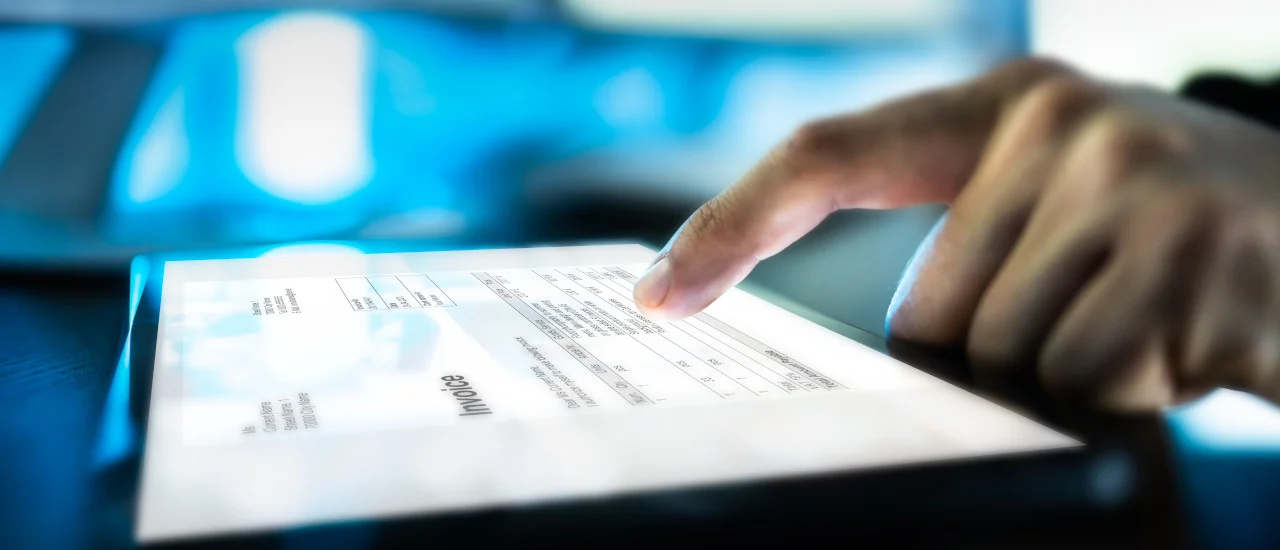Home > Domestic & International News > Domestic News > Malaysia E-Invoicing: Embracing the Digital Future

Share
Malaysia is launching e-invoicing to modernize its tax system and streamline business transactions. Starting August 2024, the Inland Revenue Board will phase in this digital system, replacing traditional invoicing methods. The experts at ECOVIS MALAYSIA TAX SDN BHD explain what businesses need to know about this transition, including implementation timelines, benefits, and compliance requirements.
E-invoicing functions as a digital record of transactions between sellers and purchasers, replacing traditional paper or electronic documents such as invoices, credit notes, and debit notes. It includes vital details such as supplier and buyer information, item descriptions, quantity, pre-tax price, tax amount and total amount, capturing essential transaction data that is crucial for day-to-day business operations.
The Inland Revenue Board of Malaysia (IRBM) has mandated the adoption of e-invoicing through a phased approach. This staged implementation aims to strengthen Malaysia’s digital economy and enhance the efficiency of tax administration. The initiative aligns with the objectives of the Twelfth Malaysia Plan, which emphasizes the enhancement of digital service infrastructure and the digital transformation of tax processes.
Benefits of e-invoicing
Implementing e-invoicing not only improves the taxpayer experience through seamless transactions but also enhances business efficiency and promotes better tax compliance. The key benefits include:
Types of transactions covered by e-invoicing
E-invoicing covers common transaction types such as Business-to-Business (B2B), Business-to-Consumer (B2C), and Business-to-Government (B2G). The e-invoicing process for B2G transactions will be similar to that for B2B transactions. This system is applicable to all taxpayers carrying out commercial activities in Malaysia.
Privacy Settings
We use cookies to improve your browsing experience, to provide personalised ads or content and to analyse our traffic. If you click on "Accept All", you agree to the use of cookies.
Cookie Usage
We use cookies to help you navigate our site smoothly and to support key functions. “Necessary” cookies are always active as they enable basic features. We also use third-party cookies to analyse usage, remember your preferences, and deliver relevant content. These cookies will only be stored with your consent. You may enable or disable them at any time, but doing so could impact your browsing experience.